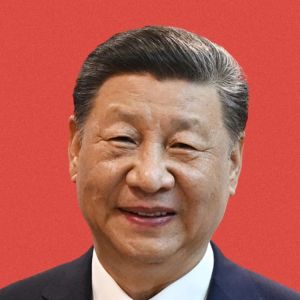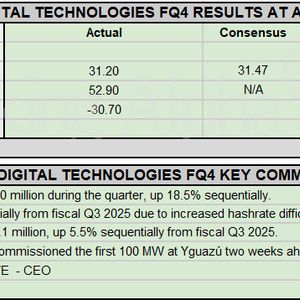There have been reports of China restricting the export of rare earth metals to maintain its stranglehold on the industry. Now, Beijing is escalating its measures to request lists and even passports of technical employees with sensitive knowledge. While China’s rare earth industry was in its nascent stage, the country benefited from foreign experts who trained their workers in the latest technologies. But now, many years down the line, China is tightly shutting its doors and keeping a lid on its technology and knowledge, away from foreign interests. Beijing asks for a list of technical staff China is ramping up its efforts to tighten its grip on the rare earths industry by ordering companies to submit detailed lists of their employees with specialized knowledge. In some cases, the government is requiring these employees to surrender their passports. China’s Ministry of Commerce recently instructed rare earth companies to provide comprehensive data on employees with technical expertise. The information requested includes the employees’ areas of specialization, educational backgrounds, research experience, and other personal details. This measure aims to create a national registry of individuals with rare-earth knowledge to prevent the unauthorized disclosure of trade secrets to foreign entities. The government’s inquiry applies to all personnel involved in processing the raw minerals and the professionals who work on converting the rare earths into high-performance magnets. These magnets are vital components in electric vehicles, drones, wind turbines, and advanced weapons systems. Some employees have already been told to hand over their passports to their companies or local authorities, according to people familiar with the situation. This move is similar to the existing rules for government officials and workers at state-owned enterprises, who must apply for approval before traveling abroad. Recently, at the World Economic Forum’s “Summer Davos” in Tianjin, Premier Li Qiang publicly condemned the weaponization of trade and urged countries to collaborate rather than compete through coercive economic tools. However, those principles seem not to apply when it comes to the rare earth industry. China currently dominates the global rare earths market, producing roughly 90% of the world’s rare-earth magnets, used in high-tech and defense applications worldwide. Global trade tensions Months ago, China rolled out a new licensing system for rare earth and rare-earth magnet exports, which has so far disrupted global supply chains and raised concerns among Western manufacturers. Some companies in the U.S. and Europe, heavily reliant on Chinese exports, have already reported slowdowns and temporary shutdowns due to difficulties in sourcing materials. For years, China’s rare earth dominance stemmed in part from its ability to undercut international competitors on cost. However, due to mounting geopolitical concerns, the country seems to be adjusting its approach to focus on long-term technological advantage over short-term trade volume. Processing rare earths is technically complex, as it involves the separation of chemically similar elements from raw ore. Chinese scientists have developed advanced, proprietary methods to achieve this, and so it’s understandably protected. The focus on personnel with privileged information is due to concerns in Beijing over foreign espionage and economic sabotage. Last September, China’s Ministry of State Security announced that a Chinese citizen had been sentenced to 11 years in prison for selling information about the country’s rare-earth stockpiles to unnamed foreign interests. The ministry said foreign organizations “use every means to obtain our internal data,” and warned that such leaks could “put China at a disadvantage in international strategic competition.” The concerns aren’t unwarranted as China’s dominance in the sector has become a problem for Western governments who are seeking to reduce their reliance on Chinese supply chains. The U.S., EU, Australia, and others have launched initiatives to revive domestic rare-earth production, but progress has been slow. One of the key obstacles remains the lack of technical expertise outside China, which seems to be precisely the gap Beijing is determined to keep wide. Cryptopolitan Academy: Want to grow your money in 2025? Learn how to do it with DeFi in our upcoming webclass. Save Your Spot

















